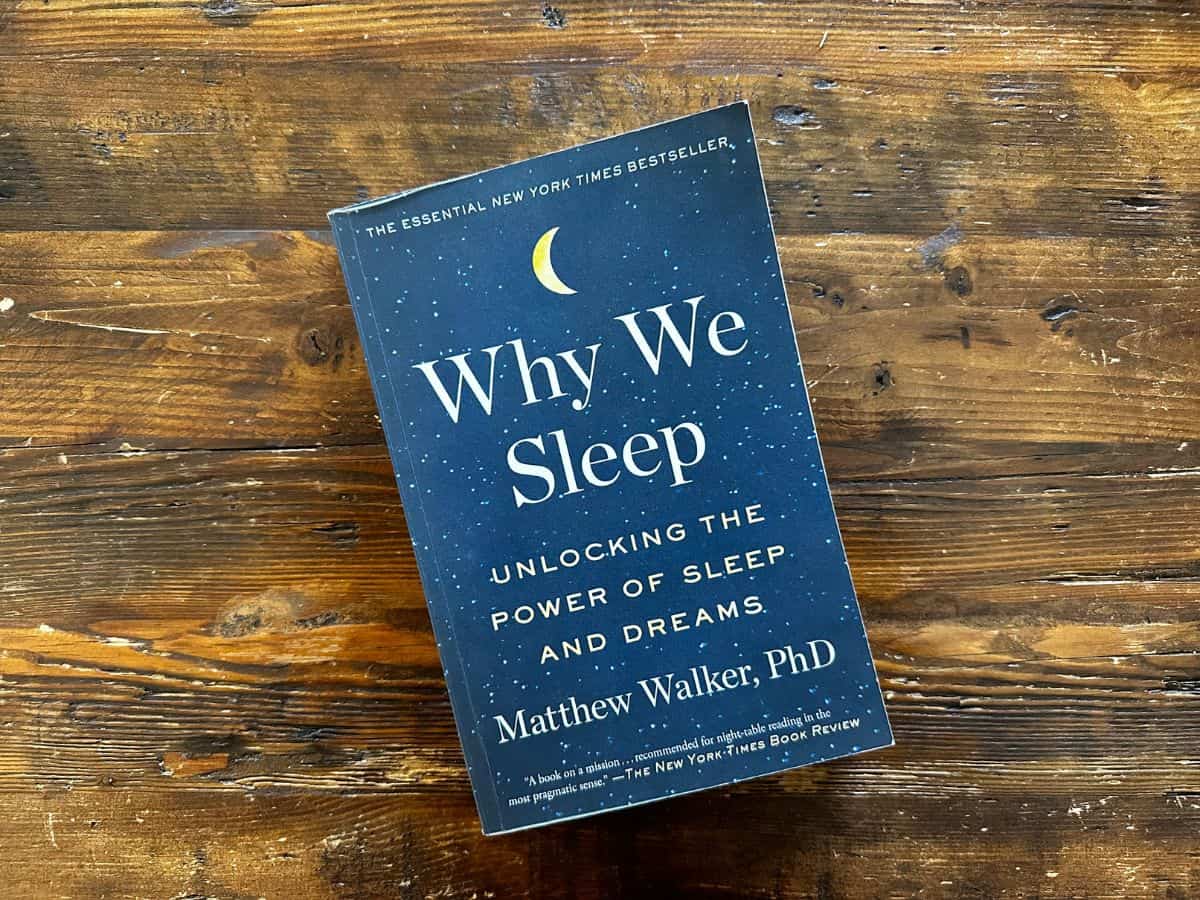Why We Sleep: A Wake-Up Call for the Sleep-Deprived (Book Review)
“Why We Sleep: The New Science of Sleep and Dreams” by Matthew Walker is a compelling and eye-opening exploration into the profound importance of sleep. This book is a masterful synthesis of scientific research and practical insights, delivered in an engaging and accessible style.
Walker, a renowned neuroscientist and sleep expert, begins by laying out the fundamental question: why do we sleep? He delves into the myriad ways sleep impacts our health, cognitive function, emotional well-being, and even our lifespan. With a wealth of evidence from various studies, Walker convincingly argues that sleep is not merely a state of rest but a critical process essential for our physical and mental health.
One of the book’s strengths is its ability to translate complex scientific concepts into understandable and relatable narratives. Walker explains the stages of sleep, including REM (Rapid Eye Movement) and non-REM sleep, and their respective roles in memory consolidation, emotional regulation, and creativity. He also addresses common sleep disorders and their consequences, such as insomnia, sleep apnea, and the detrimental effects of sleep deprivation.
Walker doesn’t shy away from discussing the societal implications of widespread sleep neglect. He highlights how modern lifestyles, with their emphasis on productivity and the pervasive influence of technology, contribute to a global sleep crisis. The book makes a compelling case for prioritizing sleep, both on an individual level and as a public health issue.
One particularly intriguing section explores the relationship between sleep and dreams. Walker delves into the science of dreaming, offering fascinating insights into how dreams can enhance problem-solving, emotional processing, and creativity. This exploration of dreams adds a layer of wonder and mystery to the scientific narrative, reminding readers of the complexities of the human mind.
The book is meticulously researched, with Walker drawing on decades of studies and his own extensive experience in the field. Each chapter is richly detailed, yet the information is presented in a manner that remains engaging and accessible. Walker’s writing is clear and persuasive, often punctuated with anecdotes and examples that bring the science to life.
However, some readers might find the book’s emphasis on the negative consequences of sleep deprivation somewhat alarming. Walker’s passionate advocacy for better sleep habits sometimes borders on the prescriptive, which could be overwhelming for those struggling with sleep issues. Nonetheless, his recommendations are grounded in solid science and offer practical steps for improving sleep quality.
Strengths:
- Compelling science: Walker translates complex research into understandable language, making the book accessible to a wide audience.
- Urgent message: The book delivers a powerful call to action, urging readers to prioritize sleep for better health and well-being.
- Actionable advice: Walker equips readers with tools and techniques to improve their sleep habits.
Weaknesses:
- Some readers might find the focus on the negative consequences of sleep deprivation a bit fear-inducing.
- The book primarily targets adults, with less emphasis on childhood sleep patterns.pen_spark
In conclusion, “Why We Sleep” is a groundbreaking work that underscores the vital importance of sleep in our lives. Matthew Walker’s compelling arguments and thorough research make this book an essential read for anyone interested in understanding the profound impact of sleep on our health and well-being. It is both a call to action and a comprehensive guide to achieving better sleep, ultimately aiming to improve the quality of life for individuals and society as a whole.














Post Comment